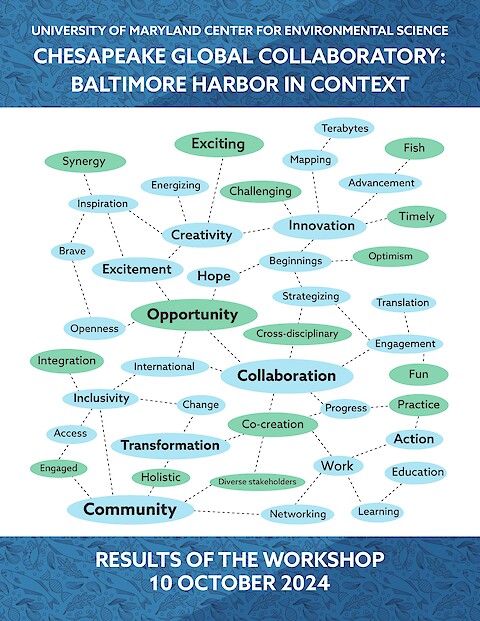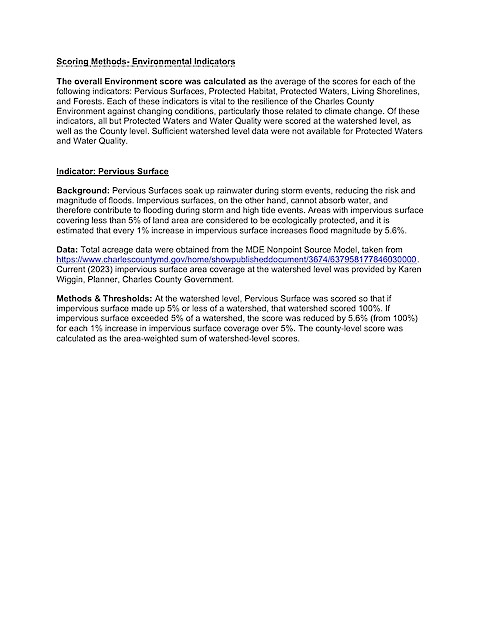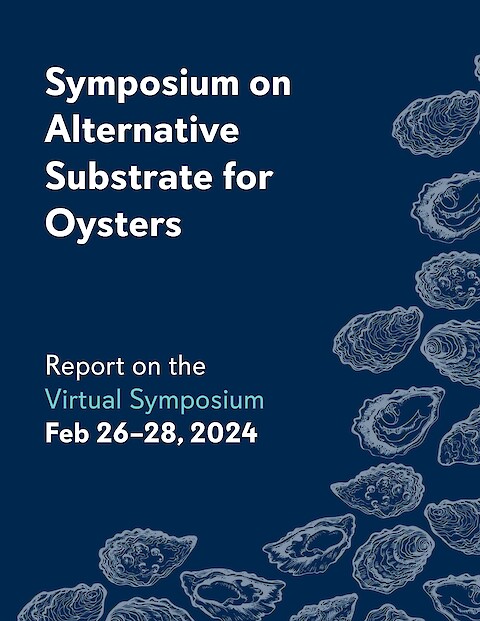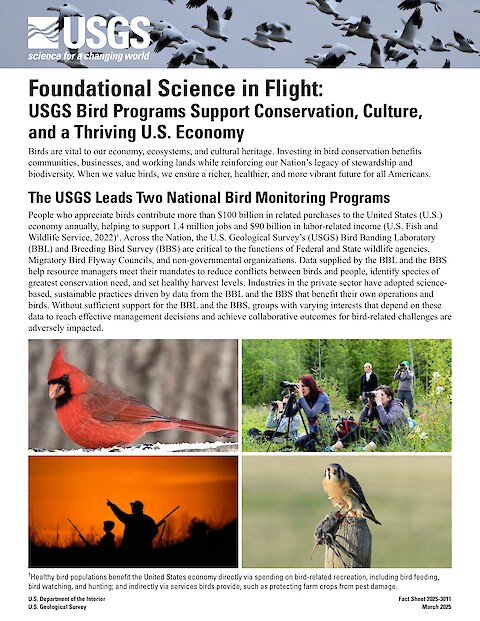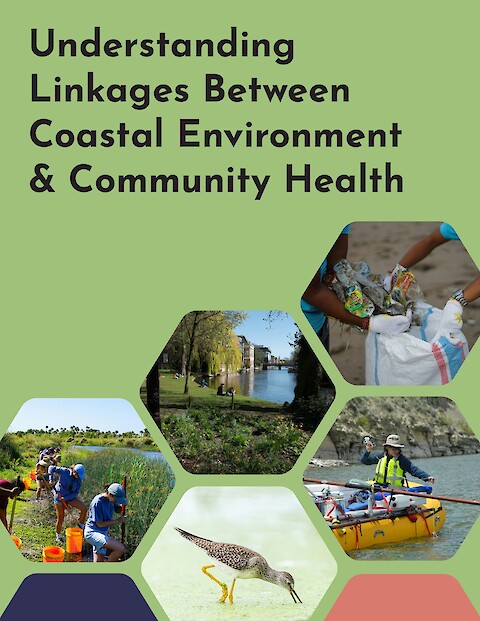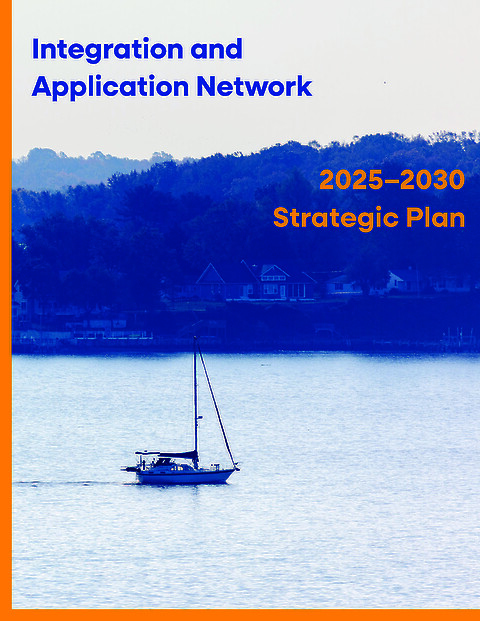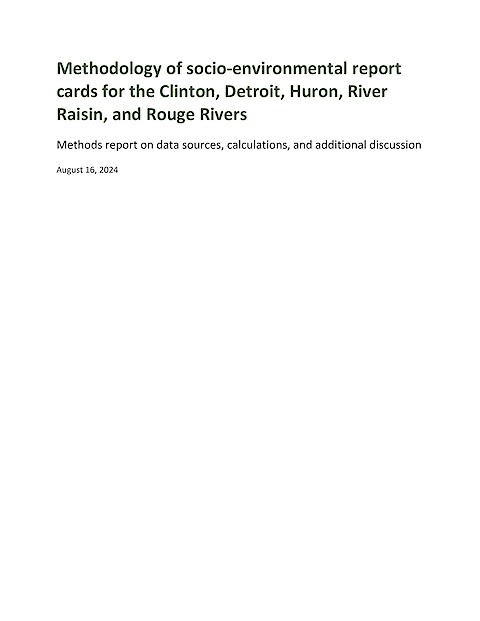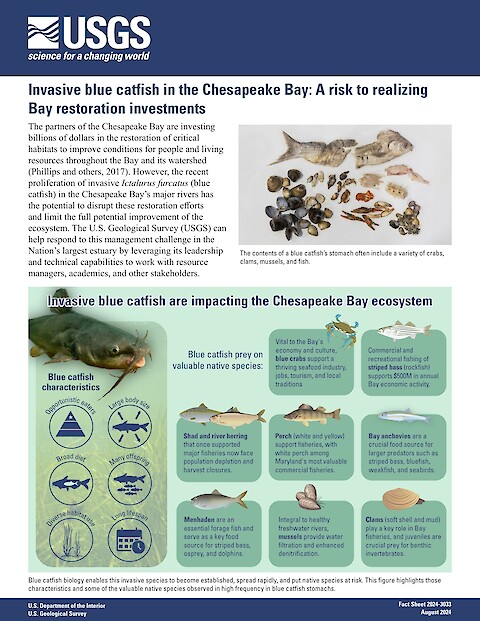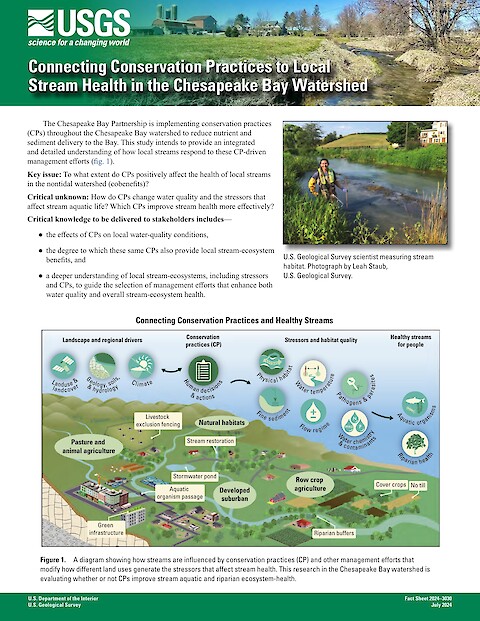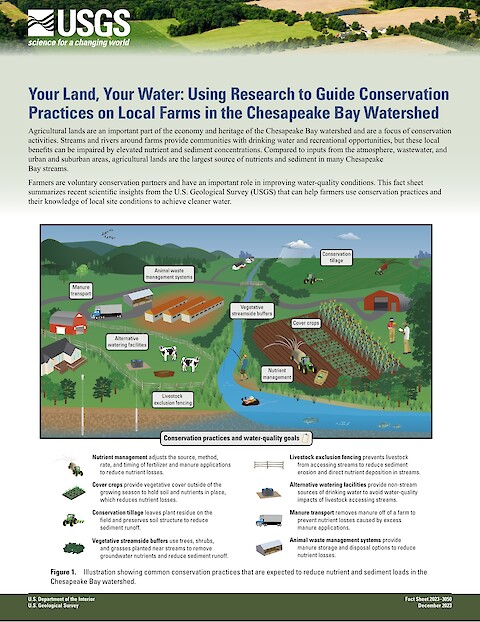Connecting Conservation Practices to Local Stream Health in the Chesapeake Bay Watershed
Noe G, Angermeier PL, Barber LB, Buckwalter J, Cashman MJ, Devereux O, Doody TR, Entrekin S, Fanelli RM, Hitt N, Huber ME, Jasmann JR, Maloney KO, Mohs TG, Sabat-Bonilla S, Smalling K, Wagner T, Wolf JC, Hyer KE ·
22 July 2024
The Chesapeake Bay Partnership is implementing conservation practices (CPs) throughout the Chesapeake Bay watershed to reduce nutrient and sediment delivery to the Bay. This study intends to provide an integrated and detailed understanding of how local streams respond to these CP-driven management efforts. The publication can also be found on the USGS website here.
Read more


